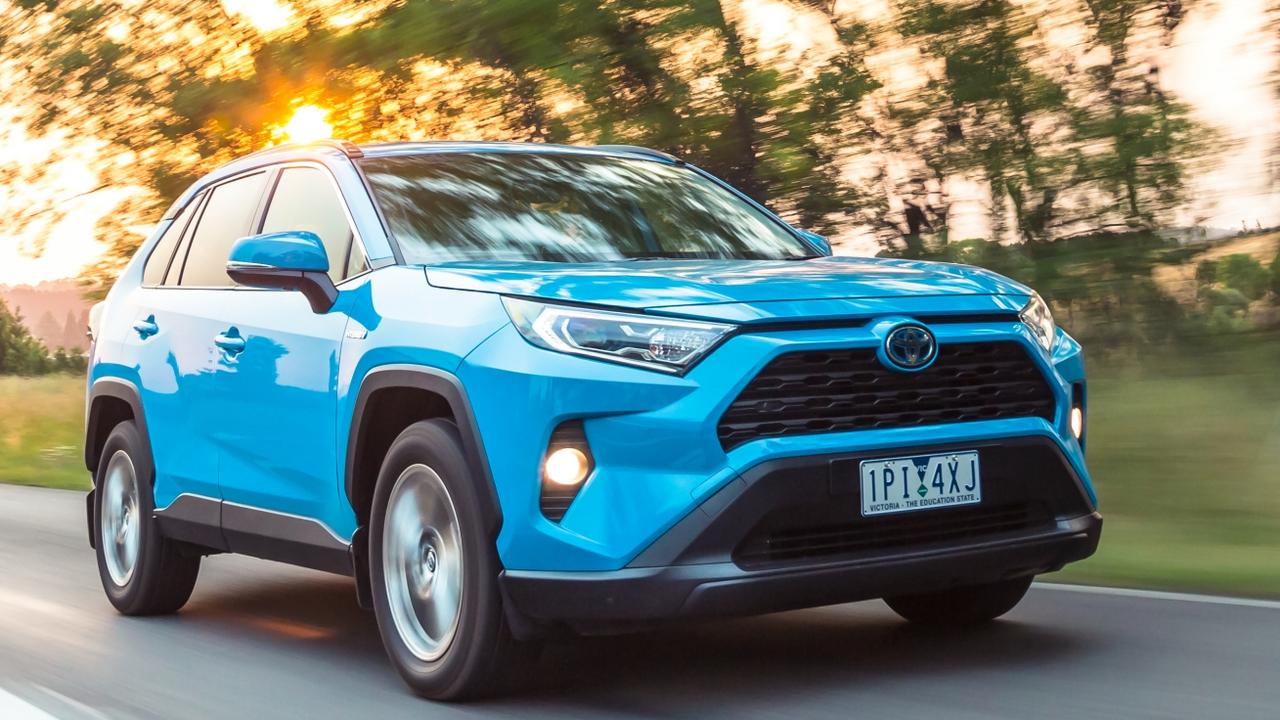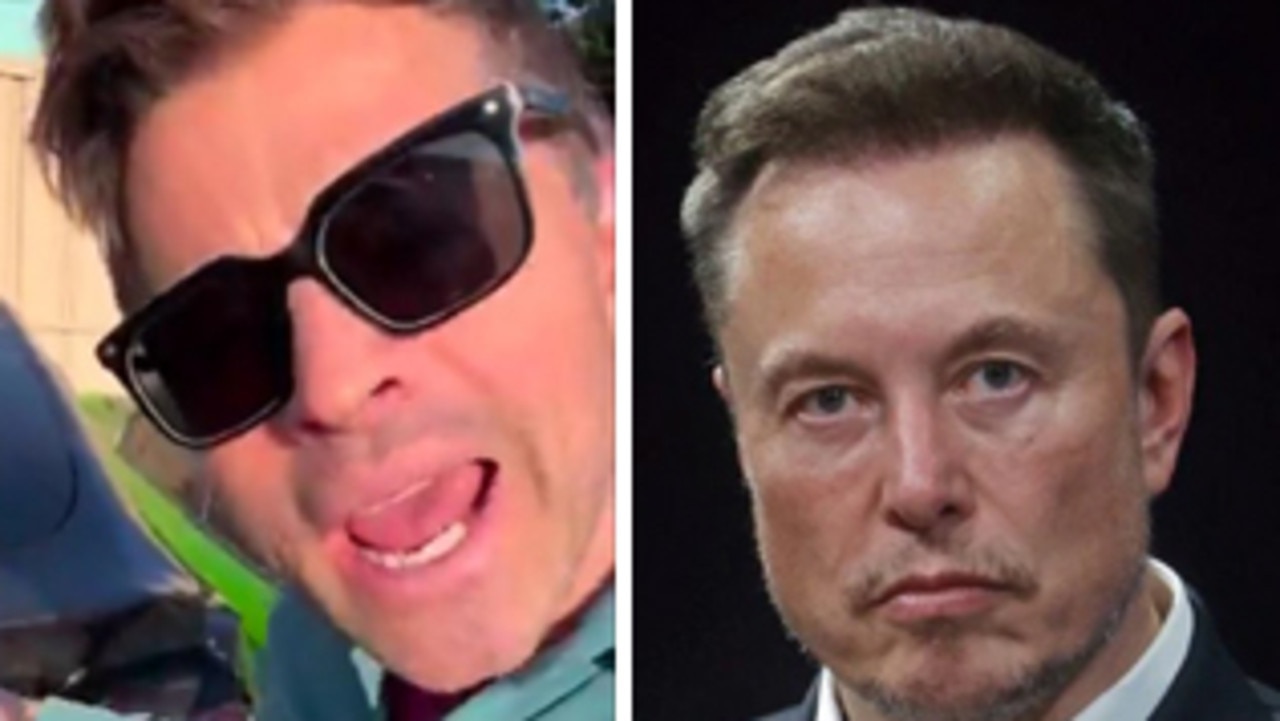Toyota defends its slow electric car rollout
Australia’s most popular car brand says petrol-electric vehicles are currently more “practical and affordable” than battery powered cars.
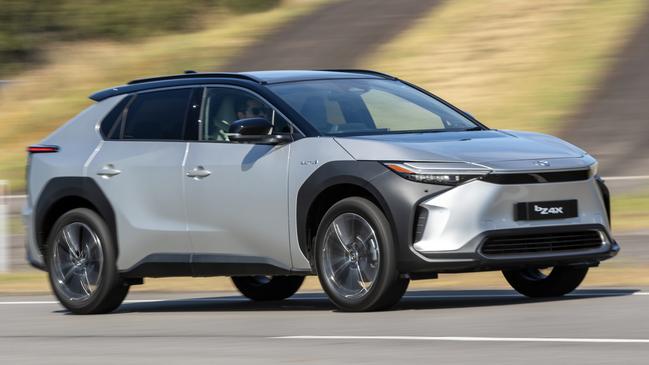
Motoring News
Don't miss out on the headlines from Motoring News. Followed categories will be added to My News.
Australia’s biggest car company has been forced to defend its environmental credentials after being accused of greenwashing by lobby groups.
Toyota sales and marketing boss, Sean Hanley, took aim at what he called “extreme groups” that have criticised the brand for being slow to introduce electric vehicles.
Hanley said the company, which sold more than 70,000 hybrid vehicles last year, had done more to reduce CO2 tailpipe emissions in Australia over the past 20 years than most rivals.
But a new report released today by the International Council on Clean Transportation (ICCT) has labelled the company a “laggard” on electric vehicle development.
Mazda, Nissan, Honda and Suzuki were also named as laggards in the report.
That claim follows a bombshell report from lobby group the Influence Map, which this week accused Toyota of spearheading a concerted industry campaign to lobby for weaker CO2 emissions targets.
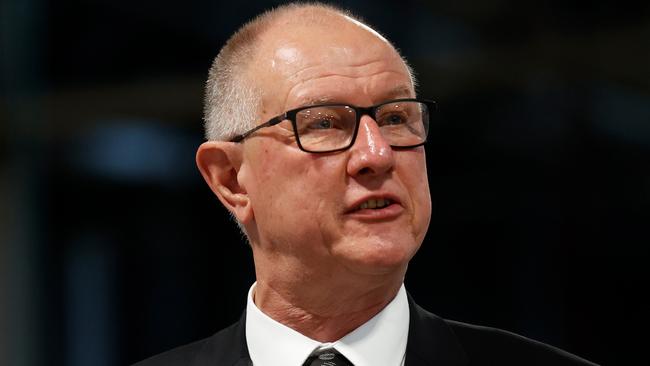
In the Influence Map paper, which controversially used the Federal Chamber of Automotive Industries logo without its permission, the group set out what it called the industry’s “playbook” to “weaken Australian climate policy”.
It accused Toyota and Hyundai of lobbying the government to water down its planned CO2 emissions target.
The ugly spat comes as the Federal Government closes off its consultation period over its new electric vehicle strategy, which is likely to include Australia’s first mandated CO2 emissions target.
The car industry and lobby groups will meet with the government tomorrow to discuss the topic, in what is likely to be a heated debate.
Mr Hanley said Toyota was being unfairly painted as a villain in the EV debate.
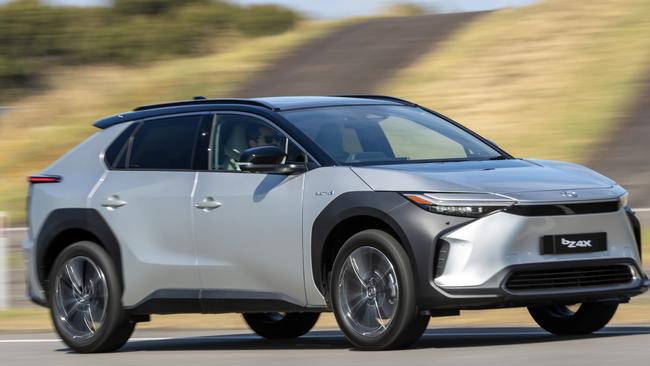
He said the company was committed to battery electric vehicles (BEVs) and was merely arguing for an orderly transition that included “more affordable and practical” hybrids in the short term.
“This isn’t greenwashing, this is market reality,” he said.
“We know that BEVs will play an increasingly important role in cutting carbon. But advocating for a BEV-only approach right now is not in the best interests of consumers or the environment,” he said.
He said the high cost of EVs, the shortage of critical minerals for their production and the lack of charging infrastructure meant it was too early for mass adoption.
“For now, hybrids are a better fit than BEVs for most consumers. They’re cars for the masses, not for the few,” he said.
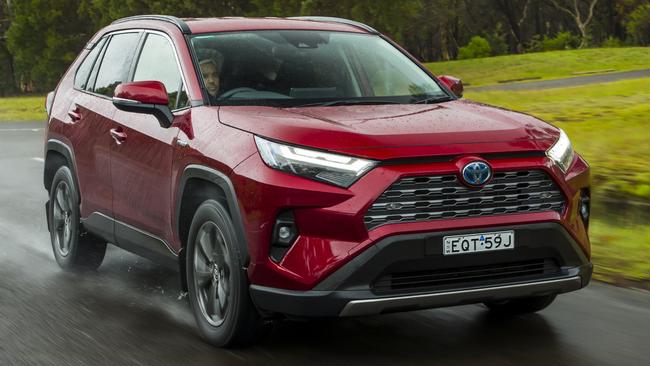
He warned of a political backlash if the government ignored the concerns of everyday motorists.
“I think it’s important in the debate that their voices are heard. I fear their voice has not been properly heard. But I know one thing for sure, their voice will be heard if they’re told they can’t have a car that does what they want it to do, or if they’re going to pay a lot more for something that doesn’t do what they want it to do,” he said.
He said Toyota welcomed a CO2 target.
“I think the government will take a very responsible position on this. I think the government’s given industry and the different groups a very good hearing. I think that the government understands the nature of Australian market.”
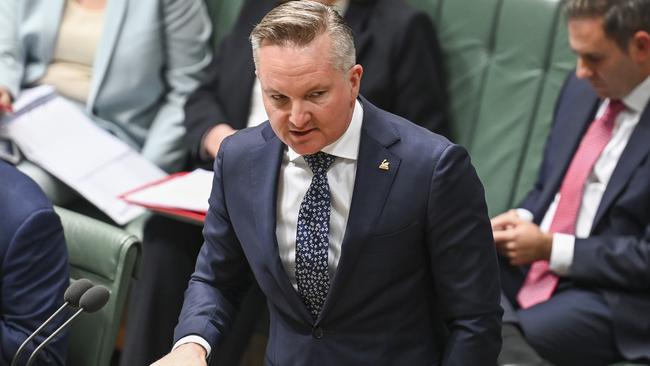
The ICCT paper evaluates carmakers on their “current position in the market, technology performance and strategic vision for future decarbonisation”.
The report, which is based on overseas data, puts Japanese car makers in five of the bottom six places on its chart.
But Hanley said Toyota had a clear strategy for EVs that included a target of 1.5 million EV sales worldwide by 2026.
In Australia, it would introduce three new EVs in the next three years and its dealers were investing $20 million in recharging infrastructure.
“We are further along than some groups give us credit for,” he said.
Originally published as Toyota defends its slow electric car rollout


